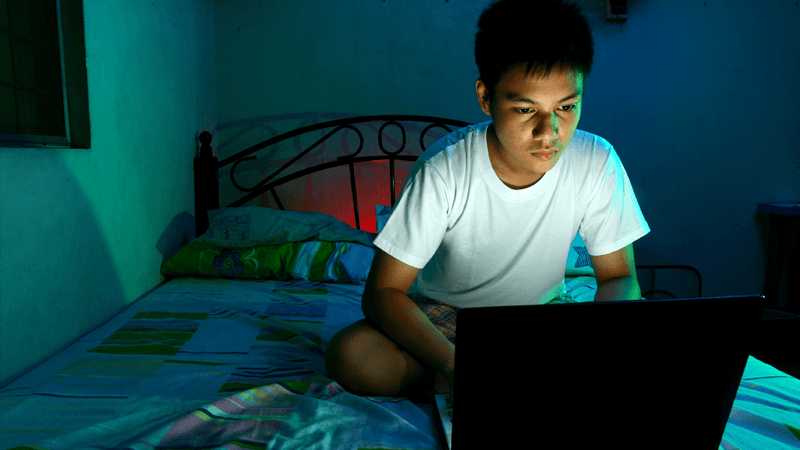The Christian Institute has criticised the Government’s decision to drop its planned age-verification checks on pornography, and have urged ministers to reconsider.
Last week, after years of delay, the Government announced it would not pursue plans to impose strict blocks on children viewing pornography.
While some claimed the proposed measures would have been ineffective, others expressed their dismay that ministers were not doing their utmost to protect children.
Online harms
In a letter to The Times, campaigners – including The Christian Institute’s Director Colin Hart – explained some of the online harms that children are exposed to.
“Last month a survey for the British Board of Film Classification found that children as young as seven had viewed hardcore pornography. Half (51 per cent) of those aged 11-13 said they had seen porn, rising to 66 per cent among 14-15 year-olds.
“The researchers found that viewing porn is harming children’s understanding of healthy relationships, sex, body image and consent.
“The research mirrored a Middlesex University report for the NSPCC in 2016. It found that viewing porn gave children an entirely unrealistic image of sex.”
Graphic, violent material
The signatories said they are “extremely disappointed” that the Government ditched its age-verification plan and justified it by saying teenagers might find ways around the blocks.
They pointed out that in April, Margot James, the former digital minister responsible for the proposed scheme, “concluded it would nevertheless stop many children from viewing graphic images and films”.
She said the restrictions would protect children from seeing “extreme hardcore and violent material portraying rape and other acts that abuse and degrade women”.
The letter’s signatories said they shared James’ view, and urged the Government to “reconsider this long overdue measure”.

